3 Food Tips for Better Brain Health
Eat Better Fats
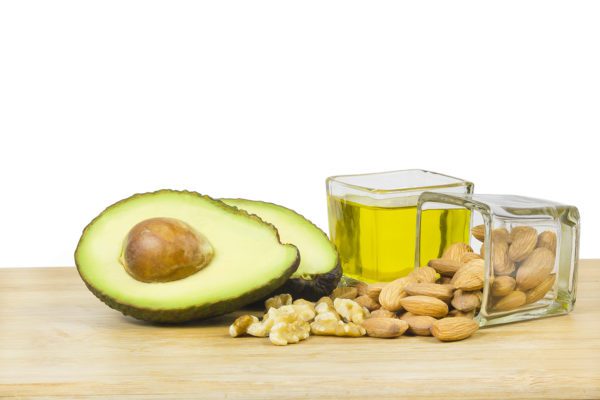
One of the best steps you can take to protect your brain is to choose real fats from nature at every meal. Foods in their natural form are high in brain-healthy omega 3 fatty acids. A diet rich in omega-3 fats supports cognitive function.
Choose
- Fatty fish, such as salmon, tuna, anchovies, or trout
- Nut butters, nuts, and seeds – especially chia, ground flaxseed and walnuts
- Coconut oil – Coconut is rich in fats, protein, B vitamins, iron, selenium, sodium, calcium, magnesium, manganese, phosphorus
- Olive oil – improves brain and nervous system function
- Sesame oil – has anti-depressant properties
- Avocado oil – helps regulate blood sugar
- Grass-fed butter – has an ideal balance of omega-3 and omega-6 fatty acids, contains vitamins A, D and E and essential minerals iodine and selenium.
Eliminate industrialized fats
Highly processed oils:
- soybean oil
- corn oil
- canola oil (made from rapeseed)
- cottonseed, sunflower and safflower oils
They contain a lot of omega-6 fatty acids. Excess consumption of omega-6s can trigger your body to produce chemicals that can lead to inflammation in the brain.
Dairy
- If you consume dairy, choose whole milk and milk products kefir, yogurt, cheeses, butter) from grass-fed cows. It is a complete protein, high in enzymes, contains brain essential vitamins B6 and B12 and fat-soluble vitamins A and D.
- 2% milk and low-fat milk spike your blood sugar and can contribute to inflammation
- Goat milk products are also a nutritious option. Goat milk has more nutrients because of the rich and varied diet of the goats and is more digestible.
Swap Refined Carbs with Carbs from Nature

- Leafy greens and cruciferous vegetables: rich in brain essential B vitamins associated with better cognitive function and keep your brain healthier and sharper as you age. They contain vitamin K shown to boost memory, and phytochemicals that protect neurons from damage caused by oxidative stress.
- Rainbow vegetables: Every color represents a different group of protective, healing chemical compounds found in plants called phytochemicals. Red/purple foods are especially nourishing for your brain. They have especially powerful anti-inflammatory, antioxidant and DNA-enhancing properties that help keep your brain fighting fit.
- Whole grains, especially ancestral grains such as buckwheat, farro, quinoa, millet, and wild rice
- Lentils and beans
Think of refined carbohydrates (pasta, bread, and baked goods) as a treat instead of an everyday food. If you must have bread, choose minimally processed breads such as
- Sourdough – uses a mix of wild yeast and lactic acid bacteria, rather than baker’s yeast, to leaven the dough. It’s richer in nutrients, less likely to spike your blood sugar, contains lower amounts of gluten, and is generally easier to digest than bread made with baker’s yeast
- Pumpernickel – is also made with sourdough starter, is high in fiber and is rich in B vitamins and essential minerals (manganese, selenium, and magnesium)
- Sprouted breads – made from sprouted whole grains are more nutrient dense and have lower impact on blood sugar. The sprouting process breaks down the carbohydrates and proteins in the grain, which may make it easier to digest and absorb nutrients.
Always add good fats from nature fats and/or protein on your bread. Here are a couple of ideas
- Avocado
- Nut butters
- Cream cheese or goat cheese
- Hummus
- Pesto
- Chia jam (blend 2 cups pureed/mashed berries with 2 tablespoons chia seed)
Eliminate Refined Sugar

Excessive sugar consumption slows down your thinking, causes memory difficulties, mood imbalances and can literally shrink your brain.
If you can’t live without sweets, use sweet sources from nature in moderation – honey, maple syrup, molasses.
Enjoy baked goods and sweetened foods as an occasional treat, rather than daily.
Recipe Ideas
Pesto Crusted Fish – Color My Food
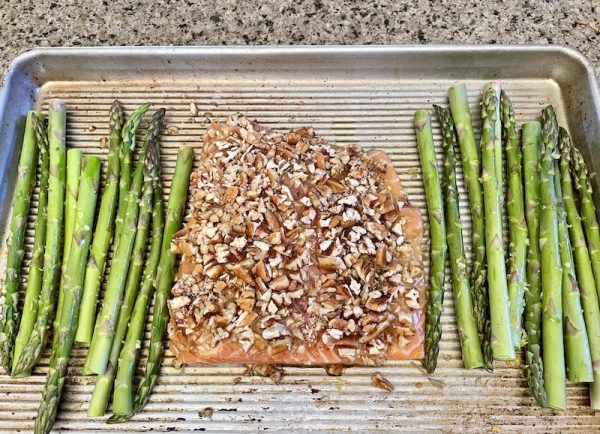
Bean Salads that Beat Brain Fog – Color My food
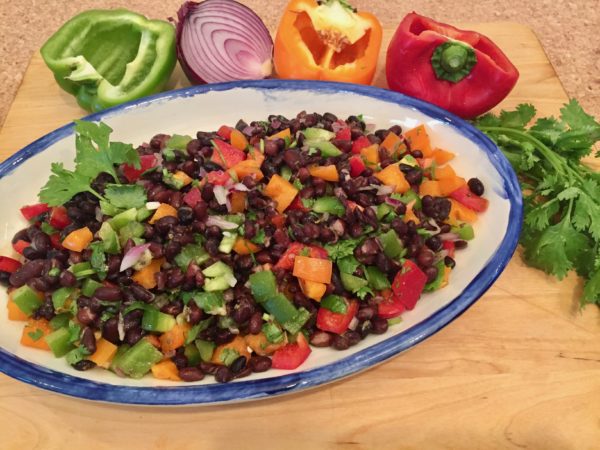
Nutrient-Dense Lentil Salads – Color My food
Healthy Quinoa Bowls: 6 Healthy Ways – Simply Quinoa
You can mix and match these recipes with other ancestral grains
For More Empowerment
Which Food Group is a Proven Brain Booster?
High Blood Sugar Levels Tied to Brain Shrinkage
How Healthy Is Sourdough? How to Make It and More
Pumpernickel Bread Nutrition Facts and Health Benefits
References
1. Brain foods: the effects of nutrients on brain function (2008). Retrieved from https://www.ncbi.nlm.nih.gov/pmc/articles/PMC2805706/
2. Sourdough Microbiome Comparison and Benefits. (2021). Retrieved from https://www.ncbi.nlm.nih.gov/pmc/articles/PMC8306212/

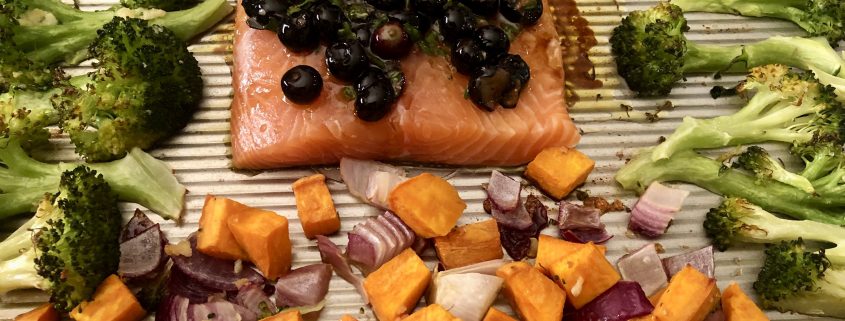
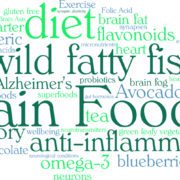
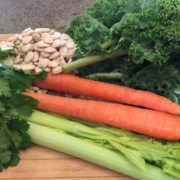
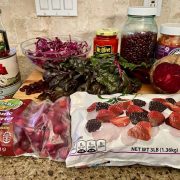
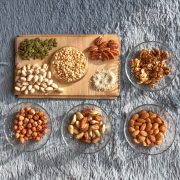


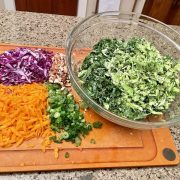
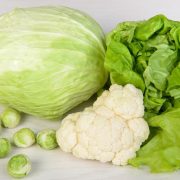


Leave a Reply
Want to join the discussion?Feel free to contribute!